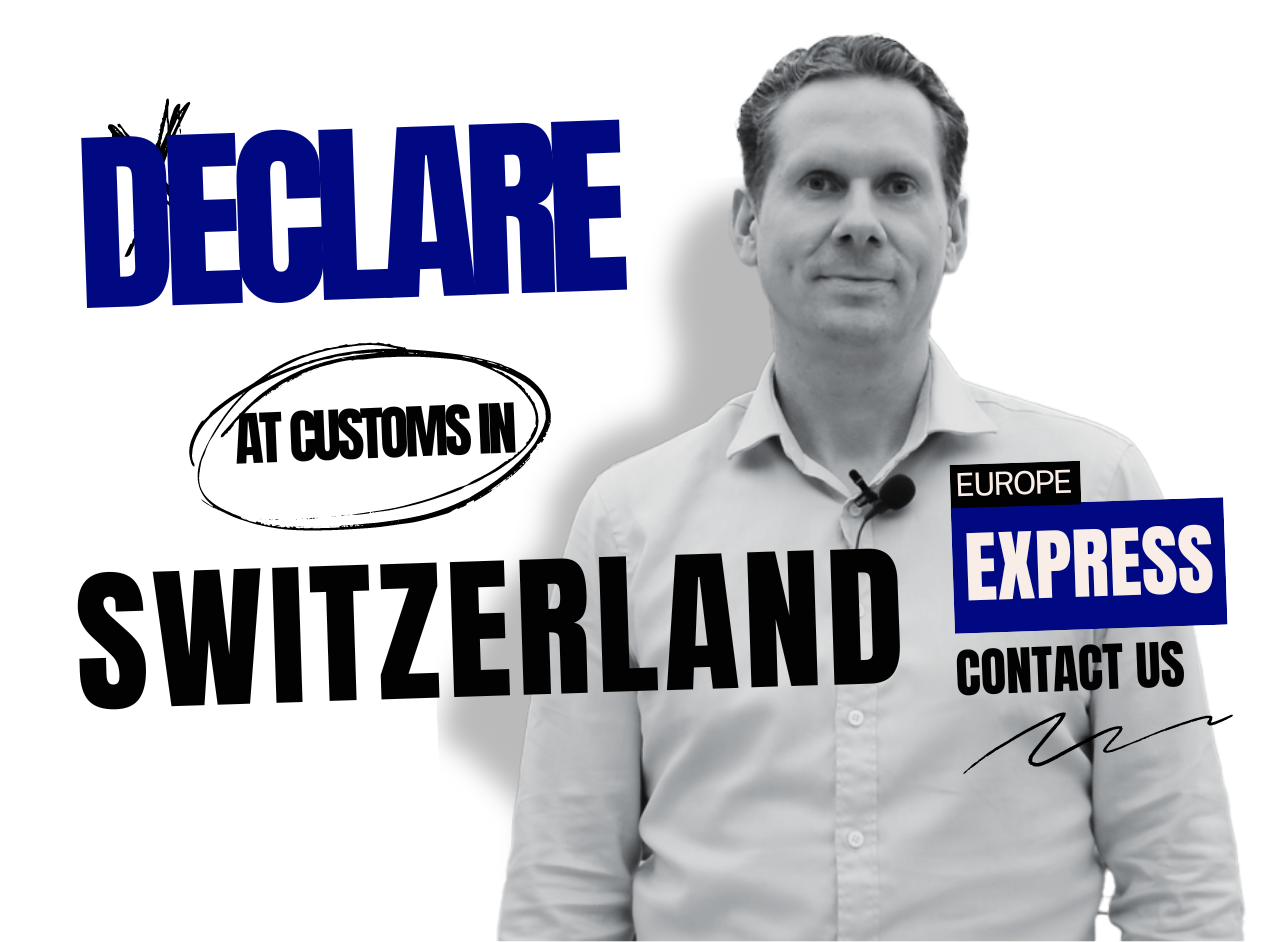If you’re not moving your residence to Switzerland, there’s some things you should know
If you’re not relocating to Switzerland but simply importing goods, the customs rules change dramatically. In this case, you’ll be considered a commercial importer, meaning you’ll be subject to import duties and VAT. These can vary depending on the specific item and its country of origin, but they can add a significant cost to your shipment. For example, imagine you want to bring a valuable antique chair from your family home. As a resident transferring your belongings, it would come in duty-free. But as a commercial import, it could be subject to both import duties and VAT, potentially doubling the final price.
Understanding your situation and the residence transfer option can save you significant money. It can make a big difference in the final cost. Here are a few options to consider:
– Check the duty-free allowance: Switzerland offers a duty-free allowance for goods brought in by travelers. This amount is typically quite low (around 300 CHF), but it could be enough for smaller items.
– Research online retailers: Many online retailers with headquarters in the EU (including Switzerland) can ship directly to you and handle the duty and VAT paperwork for a fee. This can sometimes be more cost-effective than importing yourself, especially for smaller items.
– Investigate temporary imports: If you only need the item for a short period, you might be able to import it temporarily under a special customs procedure. This can be a good option for things like renting specialized equipment for a short-term project.
By understanding the different import options and planning accordingly, you can avoid unexpected customs fees and ensure a smooth import process for your goods.


